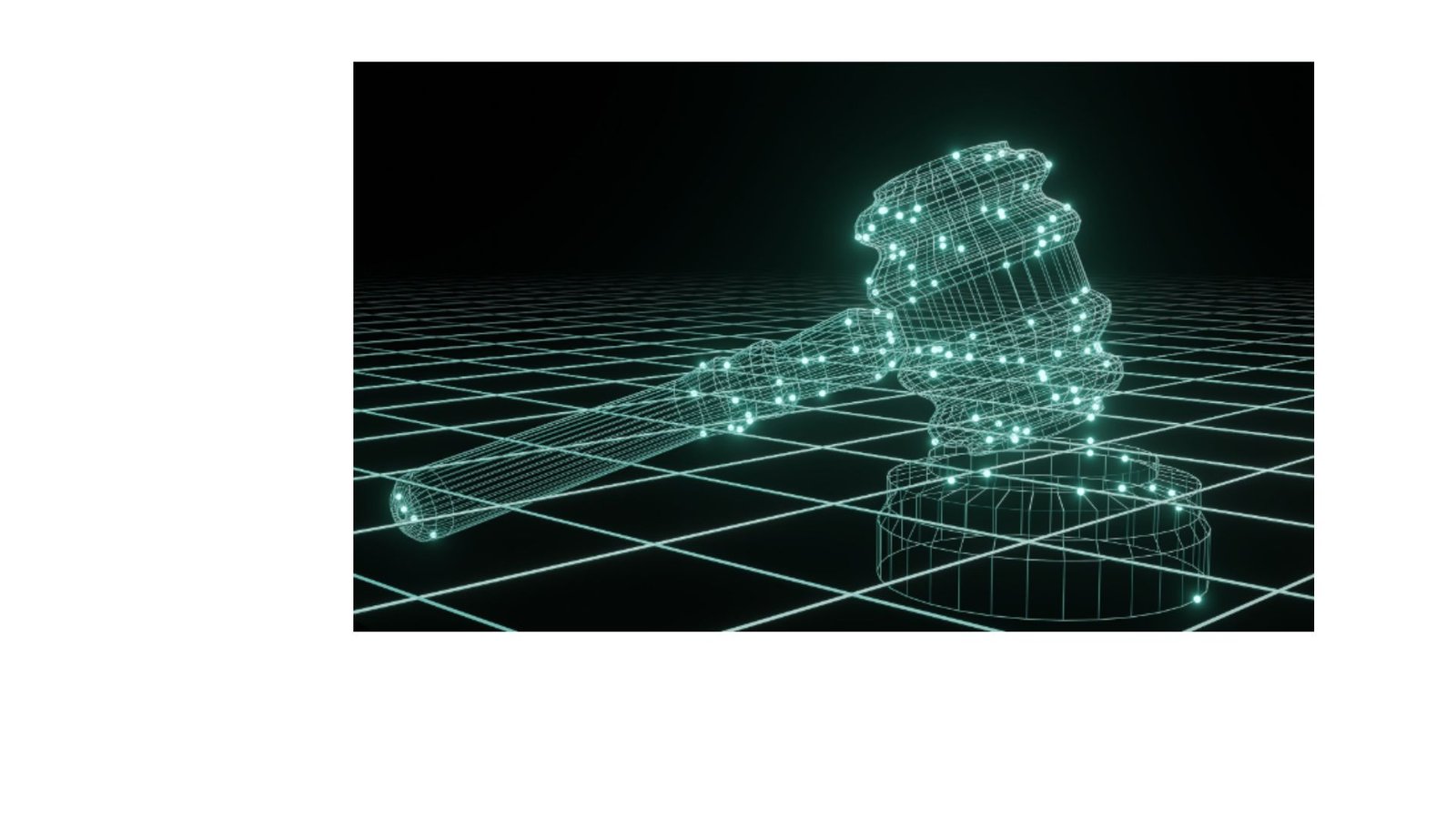The recent lawsuits against OpenAI, the creators of ChatGPT, have ignited a complex debate surrounding copyright infringement and the role of artificial intelligence (AI). While traditional copyright claims take center stage, the use of the Digital Millennium Copyright Act (DMCA) introduces a new wrinkle to the legal battlefield. Let’s delve deeper into this emerging legal strategy and explore its potential implications.

Understanding the DMCA’s Role
Enacted in 1998, the DMCA aims to protect copyright holders in the digital age. It establishes two key safeguards:
Protecting Copyright Management Information (CMI): This includes information like author names, copyright dates, and watermarks embedded in digital content. Removing this information is explicitly prohibited by the DMCA.
Safe Harbor” Provisions for Online Platforms
Platforms like YouTube and OpenAI can be shielded from liability if they comply with specific procedures, such as responding to takedown notices from copyright holders.
The DMCA as a “Backup Plan”
While copyright infringement is the primary legal argument against AI platforms, the DMCA offers a “backup” strategy in case copyright claims prove difficult:
Stripped Copyright Information
The lawsuits against OpenAI allege that they intentionally removed copyright information from training data used in ChatGPT. This information includes details like article titles, author names, and copyright dates.
DMCA Violation Claim
This removal arguably violates the DMCA’s prohibition on removing CMI, providing an alternative legal avenue for copyright holders even if they struggle to prove traditional copyright infringement.
Benefits of Utilizing the DMC
Lower Burden of Proof: Unlike copyright infringement, which requires proving the AI directly copied protected content, the DMCA only requires proving the removal of CMI. This can be easier to demonstrate in court.
Circumventing the Fair Use Defense
AI platforms often rely on the “fair use” defense to justify their use of copyrighted material. However, the DMCA cannot be circumvented by fair use arguments, potentially strengthening the case against AI platforms.
Beyond the Benefits: Challenges and Concerns
Despite its potential advantages, the use of the DMCA in AI copyright cases faces challenges:
Untested Legal Territory
This legal theory is relatively new with limited court precedents. Judges may favor traditional claims or have varying interpretations of the DMCA’s application to AI.
Potential for Abuse
Critics argue that using the DMCA to address copyright concerns related to AI could stifle innovation and limit access to information for training purposes, hindering the development of beneficial AI applications.
The Ethical Conundrum
The use of the DMCA in AI copyright cases raises ethical considerations:
Balancing Rights
Balancing copyright protection for creators with the freedom of information access and innovation for AI development is crucial.
Transparency and Accountability
Ensuring transparency in the training data and algorithms used by AI platforms is essential to avoid potential biases and unintended consequences.
Looking Forward: Navigating a Complex Landscape
The use of the DMCA against OpenAI is just the beginning of a complex legal and ethical discussion surrounding AI and copyright. As AI technology continues to evolve, policymakers, legal professionals, and stakeholders across all sectors need to work together to:
Develop clear and adaptable legal frameworks
These frameworks should balance intellectual property protection with fostering innovation and responsible AI development, ensuring all voices are heard.
Promote open dialogue and collaboration
Fostering collaboration between copyright holders, AI developers, and policymakers is crucial to navigate the complexities of AI and copyright, ensuring responsible innovation that benefits both creators and society at large.
Conclusion
The use of the DMCA in the fight against AI copyright infringement presents a double-edged sword. While it offers a potential legal avenue for copyright holders and simplifies proof compared to traditional claims, it also raises concerns about stifling innovation and ethical considerations regarding data access and transparency. As AI technology advances, navigating this intricate landscape effectively requires a forward-thinking approach that balances protection with progress, fostering responsible innovation that benefits everyone.

